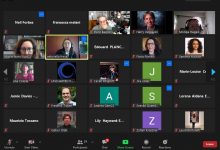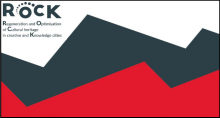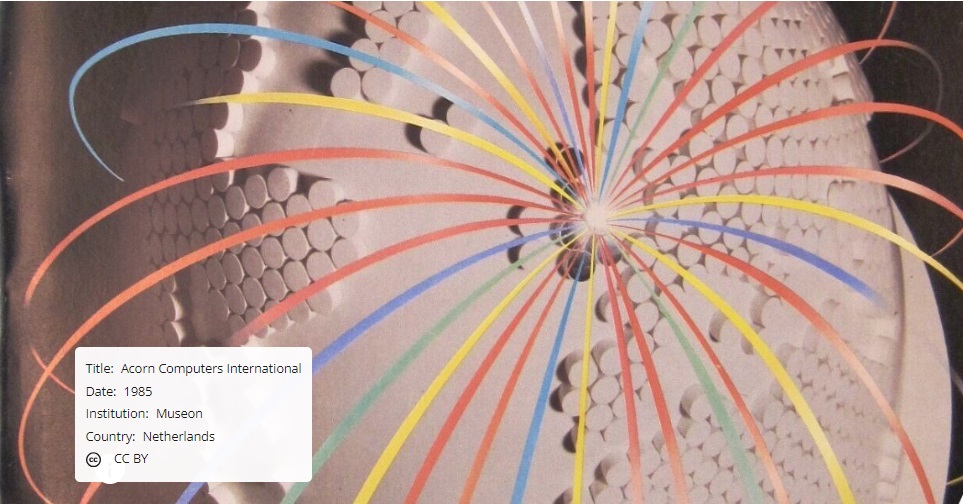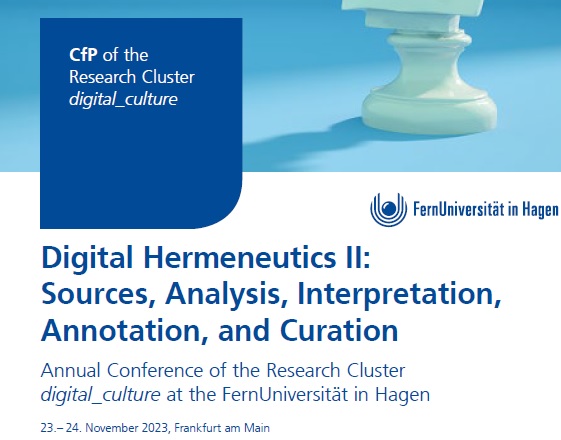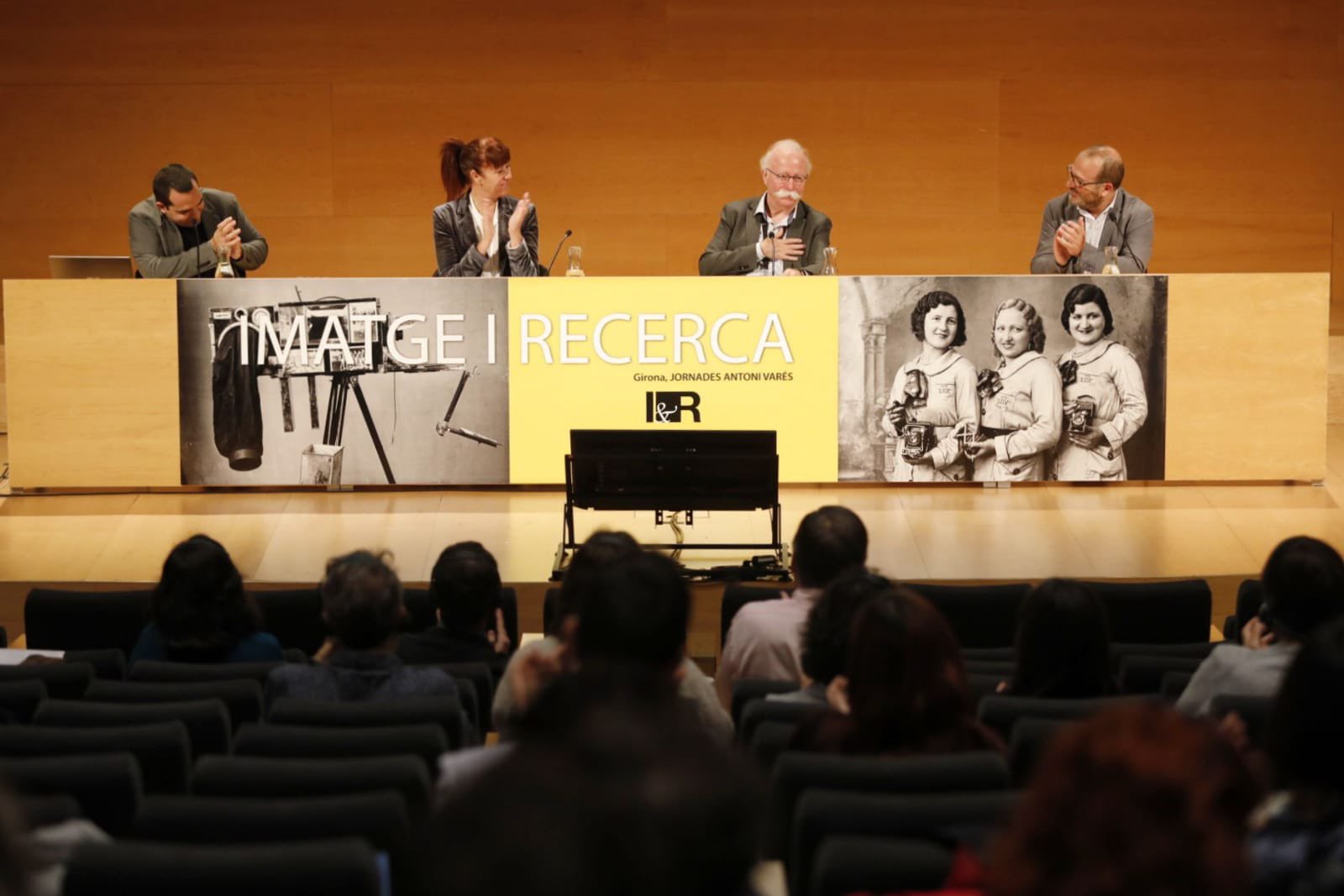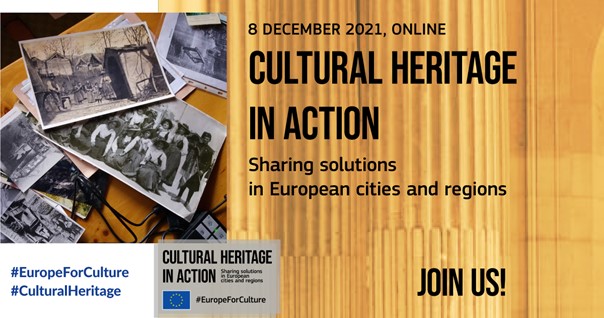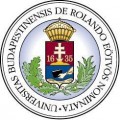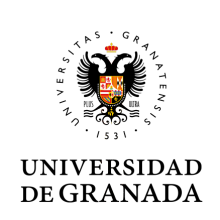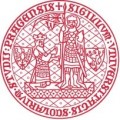 A very intense period for the REACH project the one between the end of October and the beginning of November: 2 on line events provided the occasion to present the results of the REACH project activities and to increase its network.
A very intense period for the REACH project the one between the end of October and the beginning of November: 2 on line events provided the occasion to present the results of the REACH project activities and to increase its network.
From 27th to 30th October the REACH project was invited to held a booth to the virtual exhibition organized in the framework of the ROCK Opening Knowledge Week an on line initiative dedicated to explore the challenges of the urban heritage: the success of this event can be resumed through the following data:
- 15 Hours live broadcasting over 4 days
- 57 Speakers
- 34 Exhibitors
- 794 Registrations
- 458 Active participants
- 11342 Total pages opened
- 01:00 – 02:49 Hours average time spend on platform / day
- 106 Random speed dates
- 171 One-on-one conversations
During the 4 days event, REACH had the opportunity to confront and exchange information and experiences with other exhibitors and invited them to join its network participating to the REACH digital gallery and following the discussion about the sustainability of the Social Platform.
The organizers have published a very attractive graphic recorded presenting an overview of the all week that is available on the ROCK website.
Yesterday, 5 November, was the last day of the 8th International Euro-Mediterranean Conference (EuroMed 2020). The event started the 2rd November and offered a rich programme of workshops and presentations for exchange know-how and experiences in the Cultural Heritage field with specific attention to the use of digitization and 3d technology. The conference was followed by more than one thousand of attendees and in the next days the results of this wide participation will be available on the conference website.
REACH presented its contribution related to the preservation and protection of intangible and tangible heritage through participatory actions, with special regards to the outcomes of its pilots activities.
The EuroMed2020 Proceeding will be published by Springer Verlag in the Lecture Notes in Computer Science (LNCS) series (www.springer.com/lncs).
The presentation and the full project paper are now available on the REACH website.
Download the Euromed REACH project paper here.
Download the Euromed 2020 booklet here





